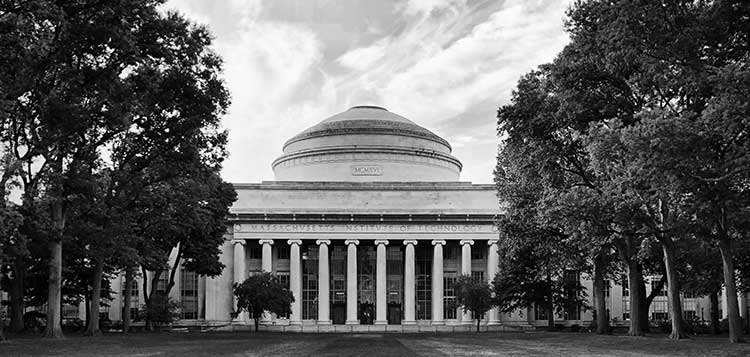New Harvard Research: Young adults hardest hit by loneliness during pandemic

The Covid-19 pandemic greatly impacted our social activities, leading to isolation and loneliness for many people. More and more surveys show that people nowadays have to face feelings of loneliness as a result of the Covid-19 expansion and the implemented restrictions for social distancing in our everyday routine.
New Harvard research about how lonely Americans feel, shows that the psychology of younger people has been greatly impacted by the Covid-19 pandemic. More specifically, 36% of the respondents of a recent survey reported feeling lonely “frequently” or “almost all the time or all the time” in the prior four weeks, compared with 25% who recalled experiencing serious issues in the two months prior to the pandemic. It must be given emphasis to the fact that 61% of those aged 18 to 25 reported high levels of loneliness.
At this point is crucial finding out why young adults have higher rates of loneliness, although one would expect that this phenomenon is more common among elderly. In fact, loneliness is high among elderly but not as high as among young people.
In addition to the above, recent data from the Centers for Disease Control and Prevention shows that 63% of young people reported experiencing substantial symptoms of anxiety and depression. It is another finding that makes scientists being worried about this specific age group. Scientists seem to consider older teens and young adults particularly susceptible when they are at the transitioning point of leaving their parents in order to have their own families. This phase in their life may keep them away from their parents, the most important bond, capable of helping them cope with psychological problems. Also, students due to Covid-19 pandemic are forced to be away from their colleges and as a result they feel disconnected from important social groups or communities. At the same time, the critical decisions that young people have to take for their professional and personal lives and relationships may add to the stress and sense of isolation.
Another interesting finding of the research is that many young people who reported serious loneliness also said they felt as if no one “genuinely cared” about them. This shows that lonely people often find themselves reaching out or listening to other people more than other people are reaching out or listening to them. This situation can be damaging for a person’s psychology. The feelings of loneliness and anxiety can be increased if someone feels that he tries and offers more while other people are not doing the same for him. In such cases may occur feelings of rejection.
Two Professors at Harvard University try to answer the question of what is loneliness and help us cope better with this psychological disorder. First of all, the founder of “The unlonely project” at Harvard Center for Primary Care, Jeremy Nobel explains that “loneliness is the gap between the social connections you would like to have and the ones you feel that you do have. And this gap is almost always distressing to a certain extent. When you are feeling lonely, really the only way to navigate that is to increase your sense of connection to others and to yourself. It is also important to spend, maybe even some quiet time with yourself. This means that meditation can be incredibly helpful and also some other kinds of mindfulness exercises or even think some of the things in your life you feel grateful for. Things that are connected with positive feelings. And that’s what we all need to be striving for”.
Furthermore, the Higgins Professor of Molecular and Cellular Biology Catherine Dulac, says that “isolation is associated not only with increased stress but with other sort of disorders and cancer”.
Add CEOWORLD magazine to your Google News feed.
Follow CEOWORLD magazine headlines on: Google News, LinkedIn, Twitter, and Facebook.
This report/news/ranking/statistics has been prepared only for general guidance on matters of interest and does not constitute professional advice. You should not act upon the information contained in this publication without obtaining specific professional advice. No representation or warranty (express or implied) is given as to the accuracy or completeness of the information contained in this publication, and, to the extent permitted by law, CEOWORLD magazine does not accept or assume any liability, responsibility or duty of care for any consequences of you or anyone else acting, or refraining to act, in reliance on the information contained in this publication or for any decision based on it.
Copyright 2024 The CEOWORLD magazine. All rights reserved. This material (and any extract from it) must not be copied, redistributed or placed on any website, without CEOWORLD magazine' prior written consent. For media queries, please contact: info@ceoworld.biz
SUBSCRIBE NEWSLETTER








